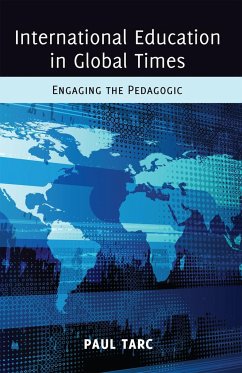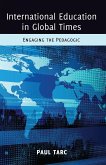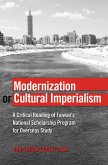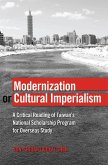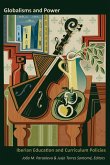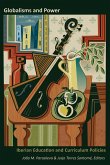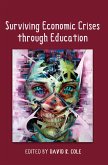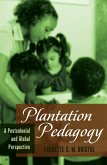This book illuminates the changing landscape and expediency of international education in global times. Within this larger picture, the book focuses on the educational effects of international encounters, experiences and lessons - the complex processes of learning and subject formation in play during and after one's international/intercultural experience. These complex processes, hinged on past and present self-other relations, are illustrated by employing the parable of "The Elephant and the Blind Men." In contrast to more narrow, developmentalist conceptions of intercultural learning, Paul Tarc attends to each of the linguistic, existential, structural, and psychical dimensions of difficulty constituting learning across difference. Becoming aware of, and reflexive to, these dimensions of difficulty and their implications for one's own learning and resistance to learning, represents the domain of cosmopolitan literacy. The key intervention of this book is to re-conceive pedagogical processes and aims of international education as fostering such cosmopolitan literacy. Graduate courses on international education, study abroad, global citizenship education, and preservice education courses focusing on international education and teaching internationally could be primary candidates for this text.
Bitte wählen Sie Ihr Anliegen aus.
Rechnungen
Retourenschein anfordern
Bestellstatus
Storno

